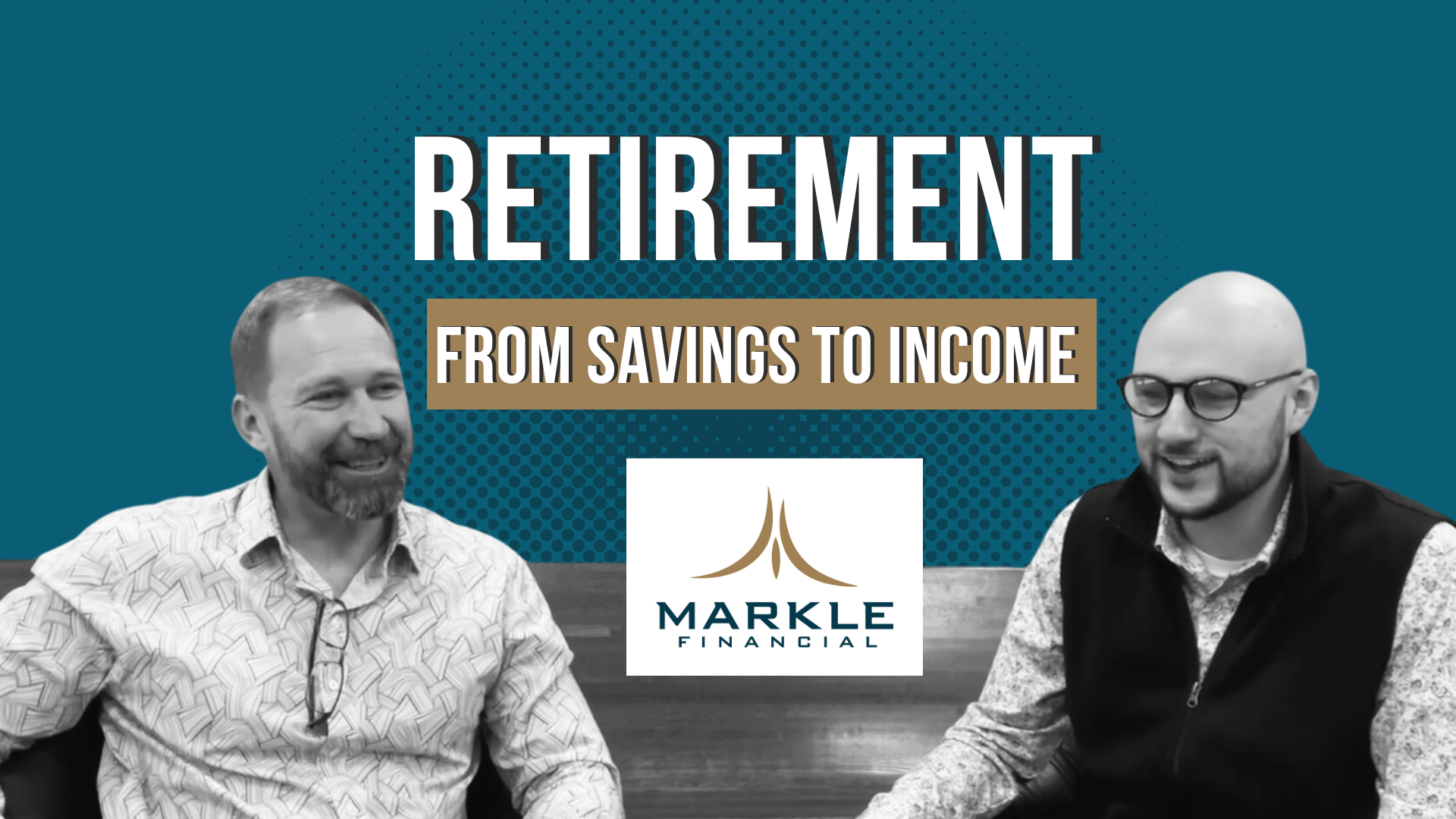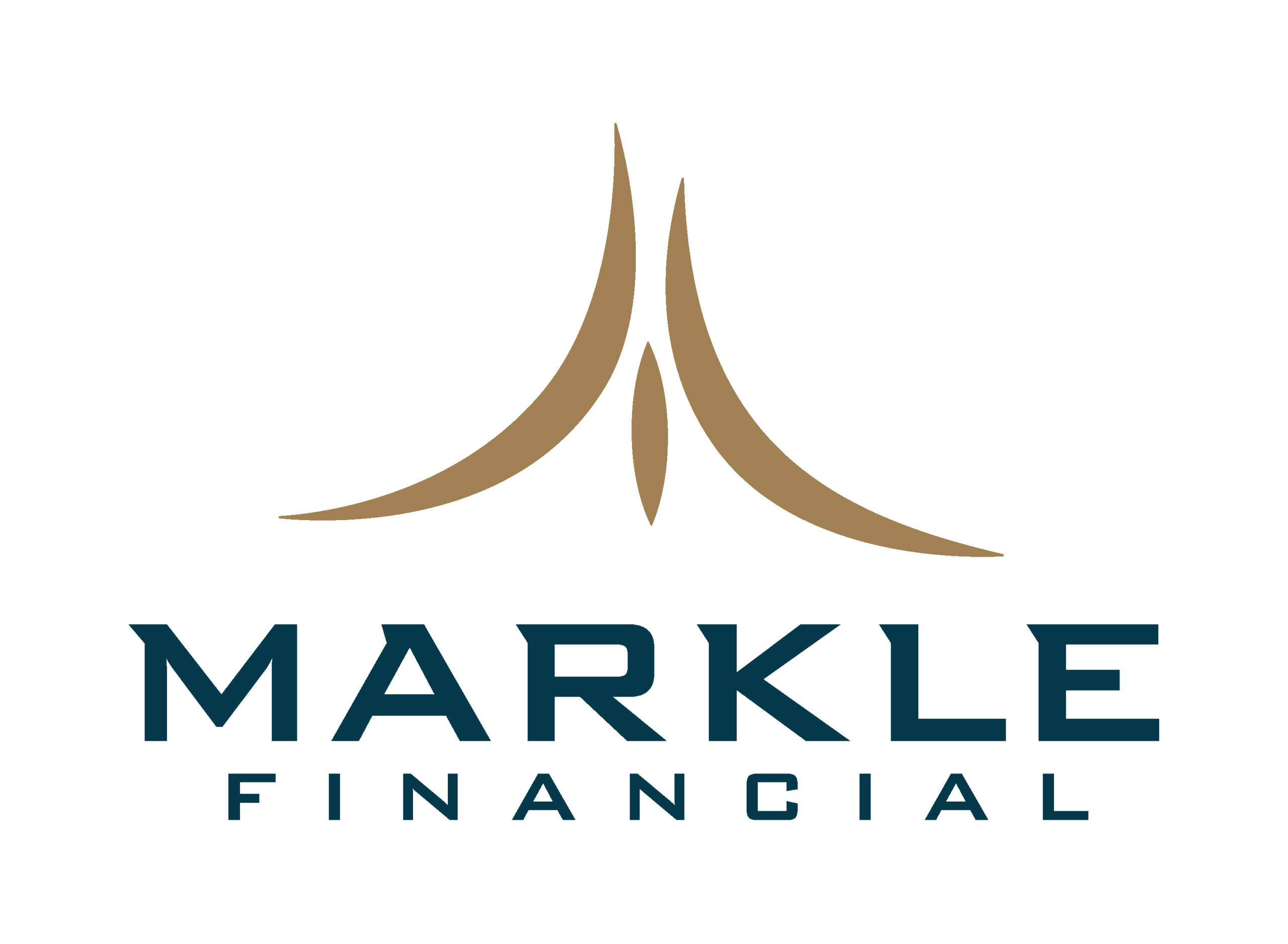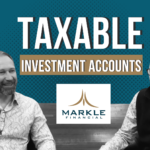
Retirement: From Savings to Income
Here’s a retirement example using a case study:
We have an example of an individual who has been very disciplined in saving money in their retirement account throughout their career. This is causing them a little bit of anxiety around the whole idea of how to take a lump sum that you’ve saved and turn it into a paycheck in retirement. They are struggling to quit their job as they’re uncertain of how they’re going to have income.
This is a challenge that we see often. It’s almost a mystery to many individuals who have saved over time because they’ve spent the last 30 or 40 years of their lives stuffing money in a chest, and they’re hoping that it does the right thing for them.
But they haven’t spent time thinking about how to get their money to work for them in retirement. So, one of the first things to start with is to create peace of mind for people. We have to identify how much income they actually need, which, requires us to start with a budget.
As an advisor, we need to understand what clients are bringing in from sources like pensions, businesses, rental properties, and Social Security. We consider what you are making while you were working, by adding up what you have coming in, and recommend you consider that you probably shouldn’t spend more than that in retirement. Once retired, people will usually have fewer fixed income sources than what they need to continue their same lifestyle prior to retirement.
We can help create that income, but understanding how that works is a little hard. If you have equities in the portfolio, these equities are going to rise and fall over time. So for example, let’s say you buy something for $10 and sell it for $12. You get a rate of return on that, and you cash in that money. Well, really, ideally, you want to keep your original $10 and just scrape off the other $2 and be able to utilize that. But that takes activity, right? You buy and sell, and then you recognize capital gains.
The other way to do this is through fixed income or bonds. Those debt instruments that you invest in can have an interest rate attached to them. In simple terms, think of a CD. CDs are very simple. People are familiar with those because most have used them over their lifetime.
If you invest the entire lump sum of this retirement account into bonds, it is similar to a CD, but it pays an interest rate out every month. While someone is working and they’re building those assets, they could be taking that interest income and reinvesting it into another bond, another stock, or another piece of real estate. And it’s just getting recycled in that account.
In retirement, instead of reinvesting the interest, you distribute it to the investor, and they use the funds for their monthly expenses. In this scenario, the income is stable. It’s predictable in most cases. And if things change and their account values decrease, the income doesn’t change overnight. That’s the simplest explanation: we help them arrange this so they start taking the income instead of reinvesting. Ideally, you match the interest and dividend income that’s being kicked off to match the same amount that’s going out through spending.
There may be some years when your expenditures are more than what’s being generated through the account. But ideally, that would be how it is structured.
As long as you don’t invade the principal through additional withdrawals, your principal value will stay intact throughout your lifetime. It gives you more discretion to purchase a new vehicle, go on that vacation you’ve wanted to, or help your kids out. Ultimately, what we have to be concerned about long term is this: in an account that is worth $500,000 or $1,000,000, what does it need to be worth to have the same purchasing power in the future with inflation? We’ve all recently been through a substantial inflationary term. We hope we don’t have to see this too often, but it’s happened and we have to think about that.
The reason we start with a budget is that you don’t want to take out all the income if you don’t need it. This is how your account can grow steadily over time. There can be little tweaks around how the assets are structured and how much money you really need to take out, but if you’re taking out more than you need and it is getting taxed, we can make adjustments to give you more opportunity and flexibility in the future.
If you have questions on retirement, schedule a free consultation with us!
*This material is for general informational and educational purposes only and should not be construed as investment, tax or legal advice. You are encouraged to consult your own lawyer, accountant, or other advisors before making any financial decisions.


